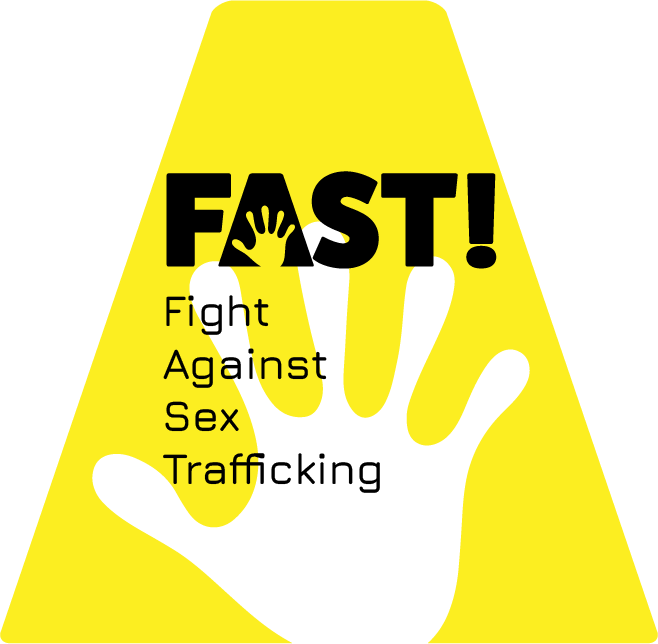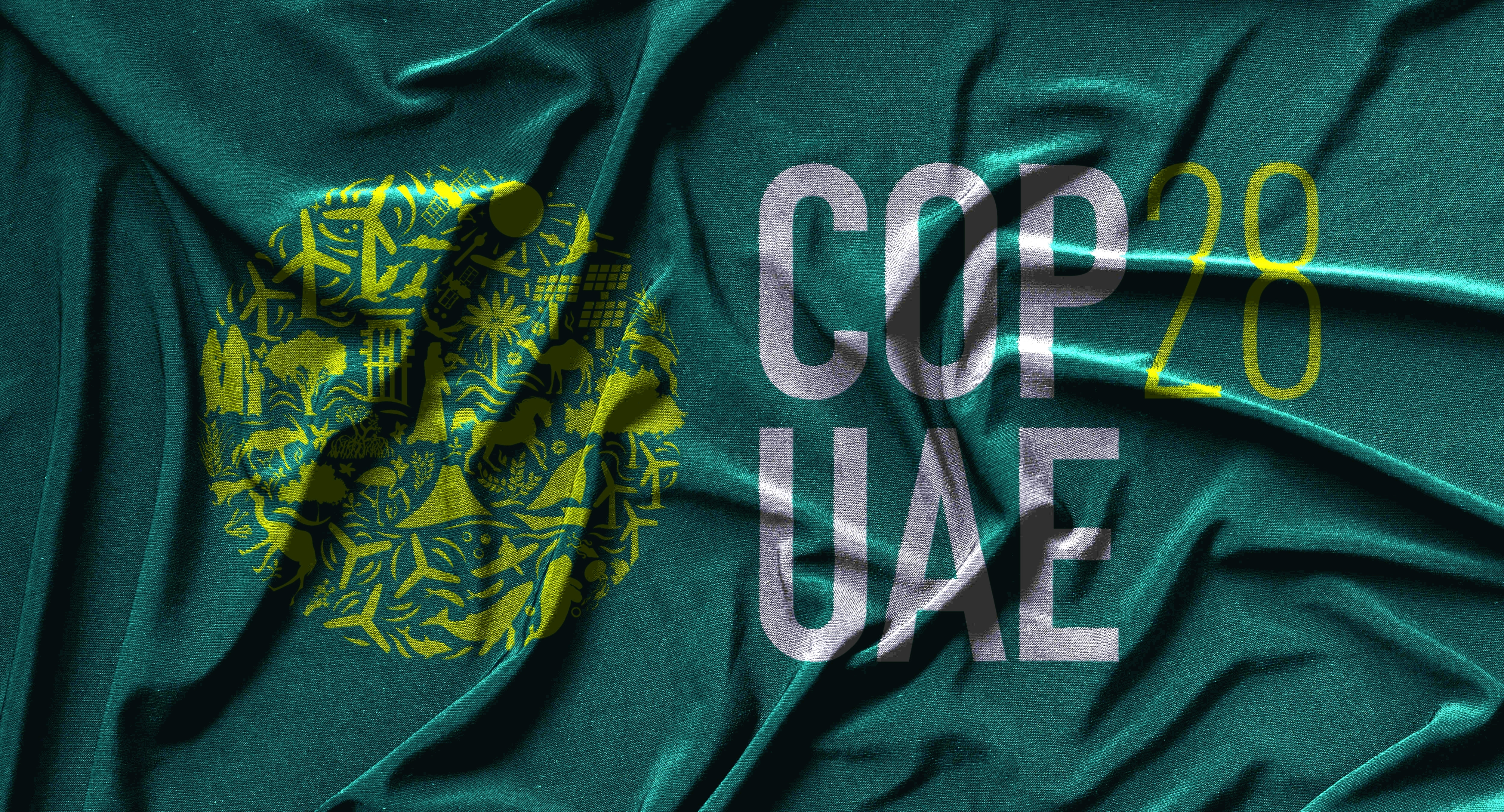UAE is under human rights scrutiny ahead of the COP28 United Nations climate summit scheduled for later this year, over 200 civil society groups have united in a concerted effort to address pressing human rights concerns. Directed towards the United Arab Emirates (UAE), the host nation for this pivotal event, and all participating governments, their collective voice carries an urgent message: it’s time to confront and rectify this questionable human rights record.
200 civil societies groups sign warning letter to the cop28
The UAE has long been under scrutiny for its stringent restrictions on political expression and a lack of tolerance for dissenting voices. Its state-controlled media landscape and constrained freedom of speech have come under the international spotlight, prompting human rights organizations to demand change.
Leading the charge is Amnesty International, along with several regional and global groups, such as OMCT, who have outlined a comprehensive set of seven demands in a letter addressed to the UAE and COP28 participating governments. These demands encompass a wide range of issues, reflecting the deep-seated concerns regarding the UAE’s human rights practices.
The letter states:
“We, as a global network of civil society organizations, will not be silenced by a government that has long used surveillance, propaganda tactics, and violent repression to silence critics, control public discourse, and shut down civil society organizations and movements. We will not allow for COP28 and the urgent and ambitious climate commitments needed from this process to be derailed or watered down by greenwashing efforts. We will oppose any attempt to use COP28 and our presence to greenwash this repressive government. Rather, we call for COP28 to be used to shine the global spotlight on the human rights violations perpetrated against communities inside the UAE — especially prisoners of conscience, migrant workers, women, and LGBTQI+ communities — and beyond. We won’t allow for our solidarity to be weaponized by wealthy industrialized countries to point the finger at the UAE and at the same time refuse to take responsibility for their historical and continued human rights violations and for their historical and continued role in creating and fueling the climate crisis.”
UAE under human rights scrutiny
These demands, rooted in the principles of human rights, justice, and equality, highlight the broader significance of COP28. While the summit is primarily convened to address pressing climate issues, the intersection of environmental justice and human rights cannot be overlooked. Climate change disproportionately affects vulnerable communities and marginalized groups, making it imperative that the pursuit of climate solutions goes hand-in-hand with the promotion and protection of human rights.
The response from the UAE and participating governments to these demands will undoubtedly shape the narrative surrounding COP28, as it seeks to address both the climate crisis and the essential question of human rights on a global scale.



